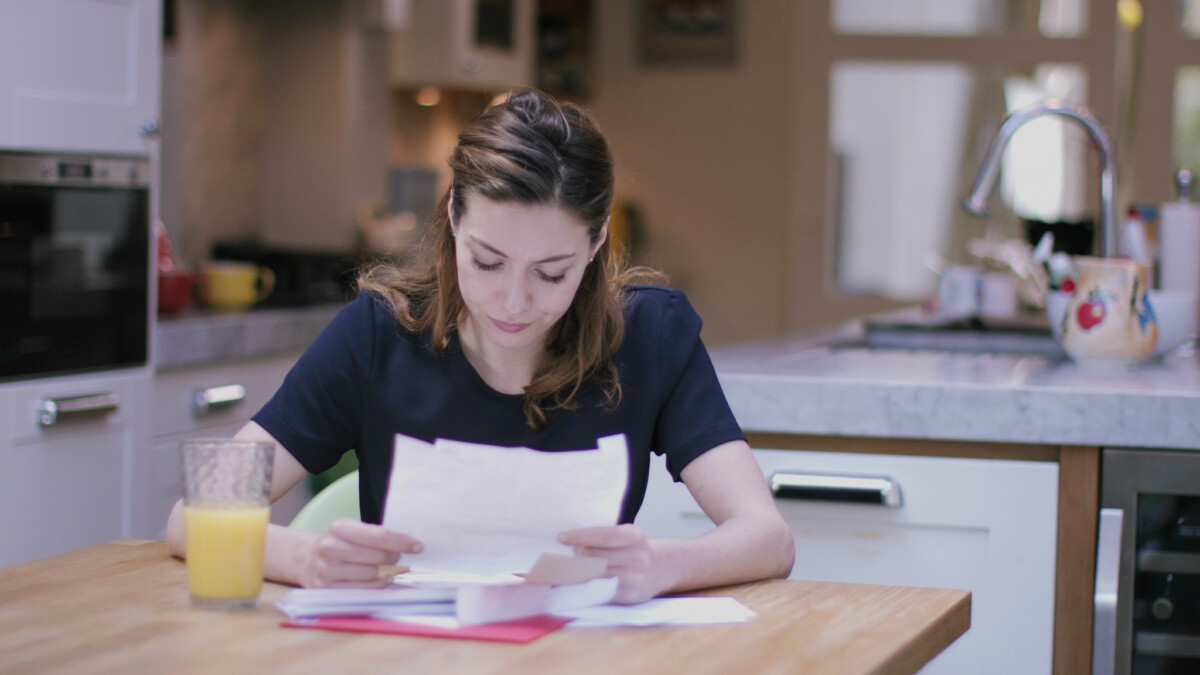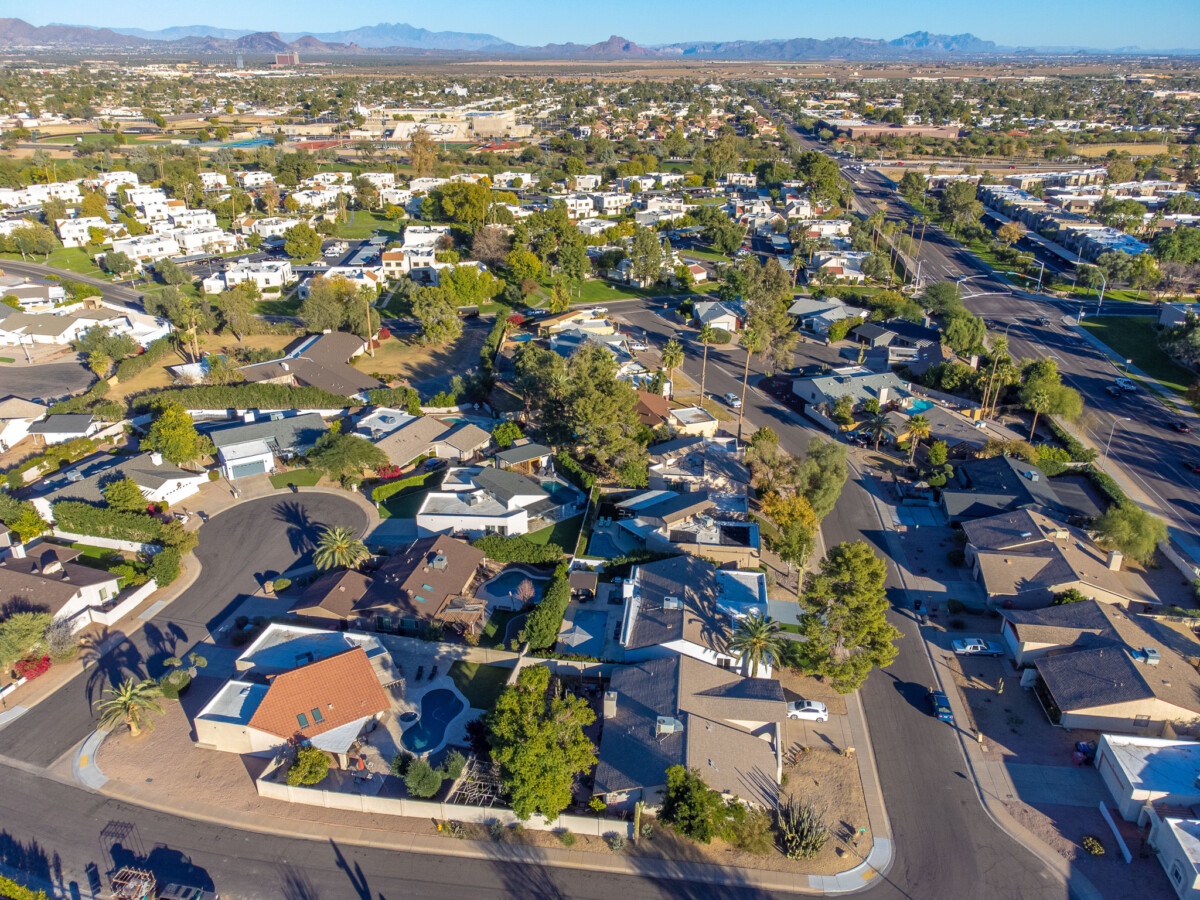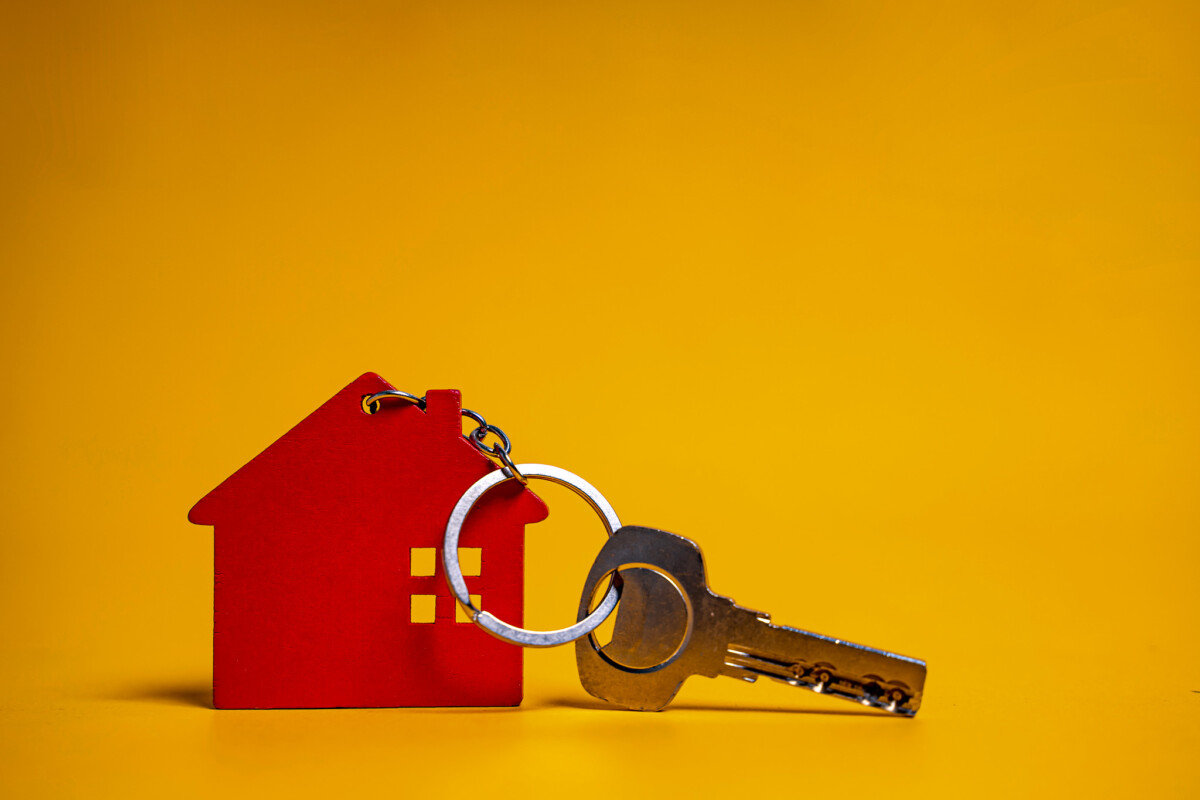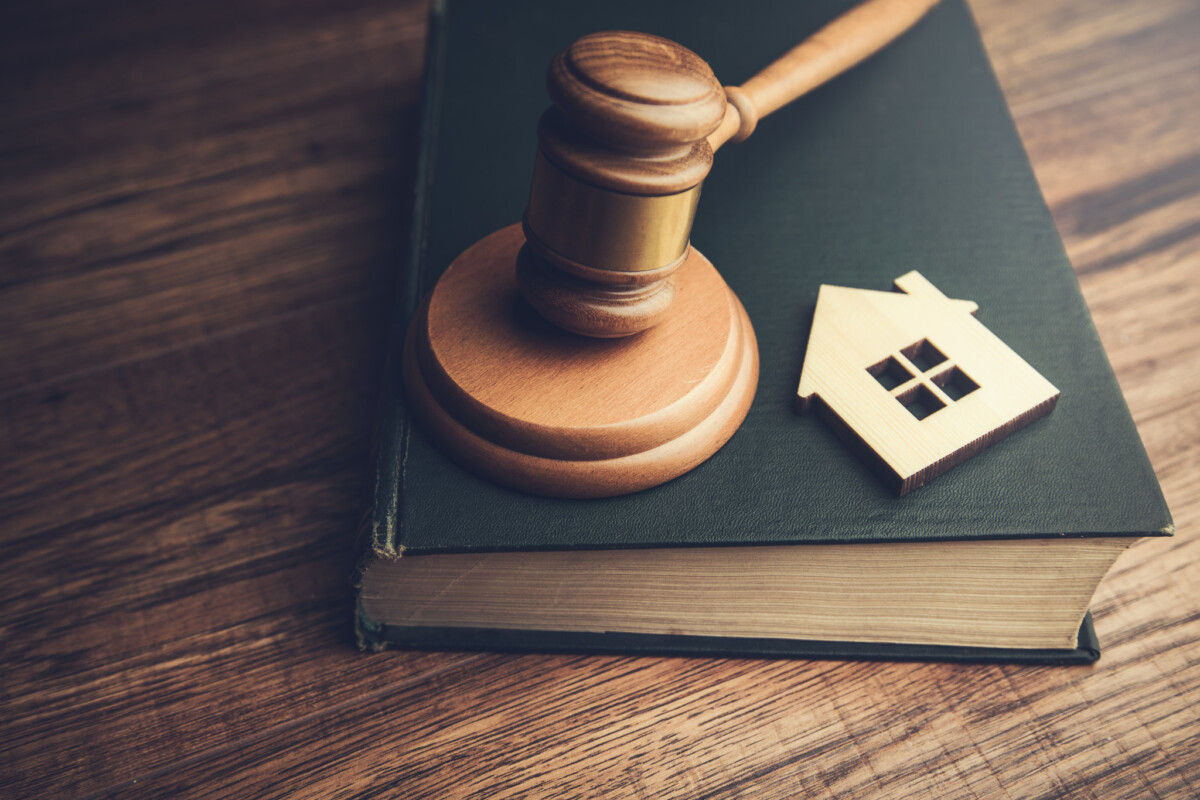Closing day is the culmination of a lengthy process in home buying, where the excitement of purchasing a new property meets the financial reality of settling up. One crucial aspect of this day is understanding your “cash to close” amount – the total sum you must bring to the closing table to finalize your home purchase. This article will guide you through what cash to close entails, how to calculate it, and how to prepare for it.
What is Cash to Close?
Cash to close refers to the total amount of money you need to bring to the closing table to complete your home purchase. This figure includes more than just your down payment; it encompasses various additional costs associated with the transaction. The cash-to-close amount is critical for buyers as it ensures they have the necessary funds to proceed with the purchase.
Components of Cash to Close
Understanding the components that make up the cash-to-close amount is essential for accurate budgeting and financial planning. Here are the primary elements that contribute to your cash to close:
- Down Payment
The down payment is the portion of the home’s purchase price that you pay upfront. It is typically expressed as a percentage of the purchase price. For example, if you are buying a home priced at $300,000 and your down payment is 20%, you would need to pay $60,000 as your down payment. The down payment size can vary based on the type of mortgage you are using and your lender’s requirements.
- Closing Costs
Closing costs are fees and expenses associated with the home purchase paid at closing. These costs can include:
- Loan Origination Fees: Charges for processing and underwriting your mortgage loan.
- Appraisal Fees: Costs for having the property appraised to determine its value.
- Title Search and Title Insurance: Fees ensure the property’s title is transparent regarding legal issues and protect against potential title disputes.
- Inspection Fees: Costs for inspecting the property for issues that may need addressing.
- Attorney Fees: If applicable, fees for legal services related to the home purchase.
Closing costs typically range from 2% to 5% of the home’s purchase price, so factoring these into your cash-to-close calculation is essential.
- Prepaid Expenses
Prepaid expenses are costs you will pay upfront, which will be used to cover future expenses. These can include:
- Property Taxes: A portion of the property taxes may need to be paid at closing, often covering several months’ worth of taxes.
- Homeowners Insurance: The first year’s premium for homeowners insurance may be required at closing.
- Mortgage Interest: Interest on the mortgage is often paid between the closing date and the first mortgage payment due date.
- Escrow Deposits
In some cases, you may be required to make an escrow deposit at closing. This deposit is held in an escrow account to cover future costs such as property taxes and homeowners insurance. The amount required for escrow will vary based on your situation and lender requirements.
How to Calculate Your Cash to Close
To accurately determine your cash-to-close amount, follow these steps:
- Review Your Loan Estimate: Your lender will provide a Loan Estimate (LE) form within three days of your mortgage application. This document outlines your estimated closing costs, down payment, and other financial details. Review this form carefully to understand the estimated cash to close.
- Calculate the Down Payment: Multiply the home’s purchase price by your down payment percentage. For example, for a $250,000 home with a 15% down payment, you would need to pay $37,500.
- Estimate Closing Costs: Add up all the closing costs based on the Loan Estimate. This may include loan origination fees, appraisal fees, title search fees, and any other applicable costs. For example, if your closing costs total $8,000, include this amount in your calculation.
- Include Prepaid Expenses: Add any prepaid expenses required at closing. If you must prepay six months of property taxes and homeowners insurance totaling $3,000, include this amount.
- Add Escrow Deposits: If applicable, factor in any required escrow deposits. For instance, if your lender requires a $2,000 escrow deposit, include this in your total.
- Sum Up the Amounts: Add the down payment, closing costs, prepaid expenses, and escrow deposits to get your total cash to close.
Example Calculation:
- Home Purchase Price: $300,000
- Down Payment (20%): $60,000
- Closing Costs: $7,000
- Prepaid Expenses: $2,500
- Escrow Deposit: $1,500
Total Cash to Close: $60,000 (down payment) + $7,000 (closing costs) + $2,500 (prepaid expenses) + $1,500 (escrow deposit) = $71,000
How to Prepare for Closing Day
Proper preparation for the closing day can help ensure a smooth and stress-free process. Here are some steps to take:
- Confirm the Cash-to-Close Amount: Verify the final amount with your lender a few days before closing. This will ensure you have the exact amount needed.
- Arrange for Payment: Determine the acceptable payment methods for closing your cash. Most closings require a certified cashier’s check or a wire transfer. Ensure you have the funds readily available and follow the instructions provided by your lender or closing agent.
- Review Closing Documents: Carefully review all closing documents ahead of time. Ensure you understand the terms and amounts involved, and consult with your real estate agent or attorney if you have any questions.
- Conduct a Final Walk-Through: Perform a final walk-through of the property to ensure that all agreed-upon repairs have been completed and that the home is in the expected condition.
- Bring Necessary Identification: Bring valid identification and any required documents to the closing. This may include your driver’s license, Social Security number, and any additional paperwork requested by the closing agent.
Conclusion
Understanding and preparing for your cash-to-close amount is a crucial part of the home-buying process. By carefully calculating the down payment, closing costs, prepaid expenses, and escrow deposits, you can ensure you have the necessary funds ready for closing day. Proper preparation and attention to detail will help you confidently and easily navigate the final steps of purchasing your new home.












